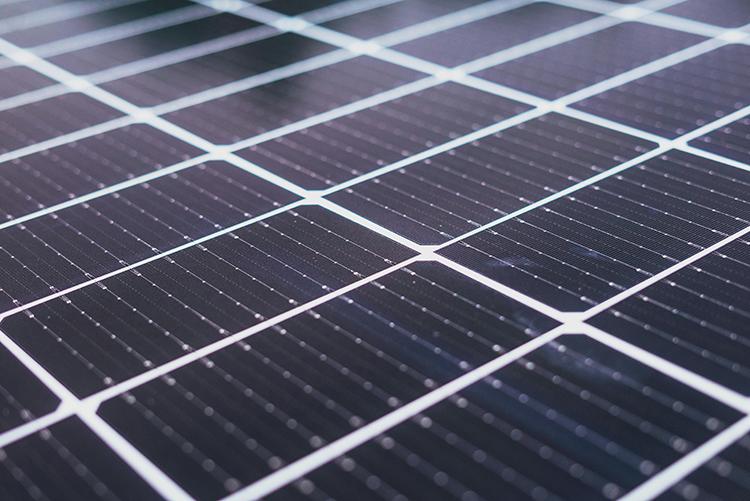Companies and households want photovoltaics
Photovoltaics is booming in the Czech Republic. Last year alone, over 81,000 new power plants were connected and their total number exceeded 167,000. Panels are being installed not only by companies and households with the support of subsidies, but also by shopping centres, which are planning solar parking lots. 79,000 households have already used CZK 9 billion from the New Green Savings Light subsidy programme. The interest is driven by record low panel prices and new technologies that extend their lifetime and efficiency. From 2030, new residential buildings in the EU will be required to have solar panels if technically and economically feasible.
Renewable energy development in the Czech Republic is booming, with the state, the European Union, companies and households investing in expanding the photovoltaic (PV) network. According to data from the Ministry of Industry and Trade and the Czech Association of Regulated Electrical Companies, over 81,000 PV plants were newly connected to the grid last year alone, so at the end of the year there were more than 167,000 PV plants registered in the Czech Republic. Their total capacity reached 3 454 MW. For the Czech Republic, the expansion of the PV network is a necessary condition for decarbonisation and energy security. For households and companies, it is a way to save money in times of increased electricity prices.
Therefore, photovoltaic panels can be found today on the roofs of public buildings, family houses, apartment blocks, as well as shopping centres. However, managers of large-scale buildings want to focus on other places where PV could be installed. "We have seen a huge increase in interest in photovoltaics among clients in the last year. For example, shopping centres are putting panels on the roofs of their buildings, but we are also currently looking at installing solar carports outside shopping centres. Parking lots would not only be sheltered from bad weather, but would also generate green energy," says Roman Lipovský, facility manager at ABIS, which currently manages PV on the roofs of department stores in Prague and Pardubice. "The electricity generated from the photovoltaic plants is fed back into the grid of the buildings, and in case of increasing energy intake from the panels, we would also consider accumulating surplus energy," he adds.
Current PV panel prices, which are at historic lows, are contributing to the increasingly rapid pace of PV installation. The return on investment in PV is therefore in the order of a few years. In addition, several subsidy programmes are underway for households and businesses, including the Operational Programme on Technologies and Applications for Competitiveness and the National Recovery Plan. Households, in turn, benefit from the New Green Savings subsidy programme, thanks to which owners of residential or family houses can receive up to CZK 200,000 for the installation of photovoltaic power plants. It also includes the subsidy programme Nová zelená úsporám Light, for which 79,000 households have applied since January 2023, thus benefiting from the CZK 9 billion allocated.
A number of technological and natural factors are contributing to the growing interest of Czechs in photovoltaics. "Last year was a perfect year for photovoltaics in terms of weather. The most electricity was produced by panels in March, not in June or July as one might expect," comments Karel Vaniš, Chief Operating Officer of NTL Forensics, an energy consultancy. "There are a number of technologies on the market today that ensure longer panel life and trouble-free operation, such as sprinklers that clean dust and pollen deposited on the panels. We can also see a significant trend in the way panels are installed. In most cases, they are not placed diagonally as they used to be in order to generate as much electricity as possible in a short time, but horizontally. As a result, they produce less electricity in the same amount of time, but they work much longer," Vaniš describes the new trends.
Building new PV plants brings significant electricity savings for building managers and owners. On 12 March, the European Parliament approved an amendment to the building directive that will require the installation of photovoltaic panels on the roofs of newly built residential buildings. The new directive specifies that from 2030, every new residential building in the EU should be equipped with solar panels - provided it is economically justified and technically feasible. The EU is taking this step towards achieving climate neutrality by 2050.









